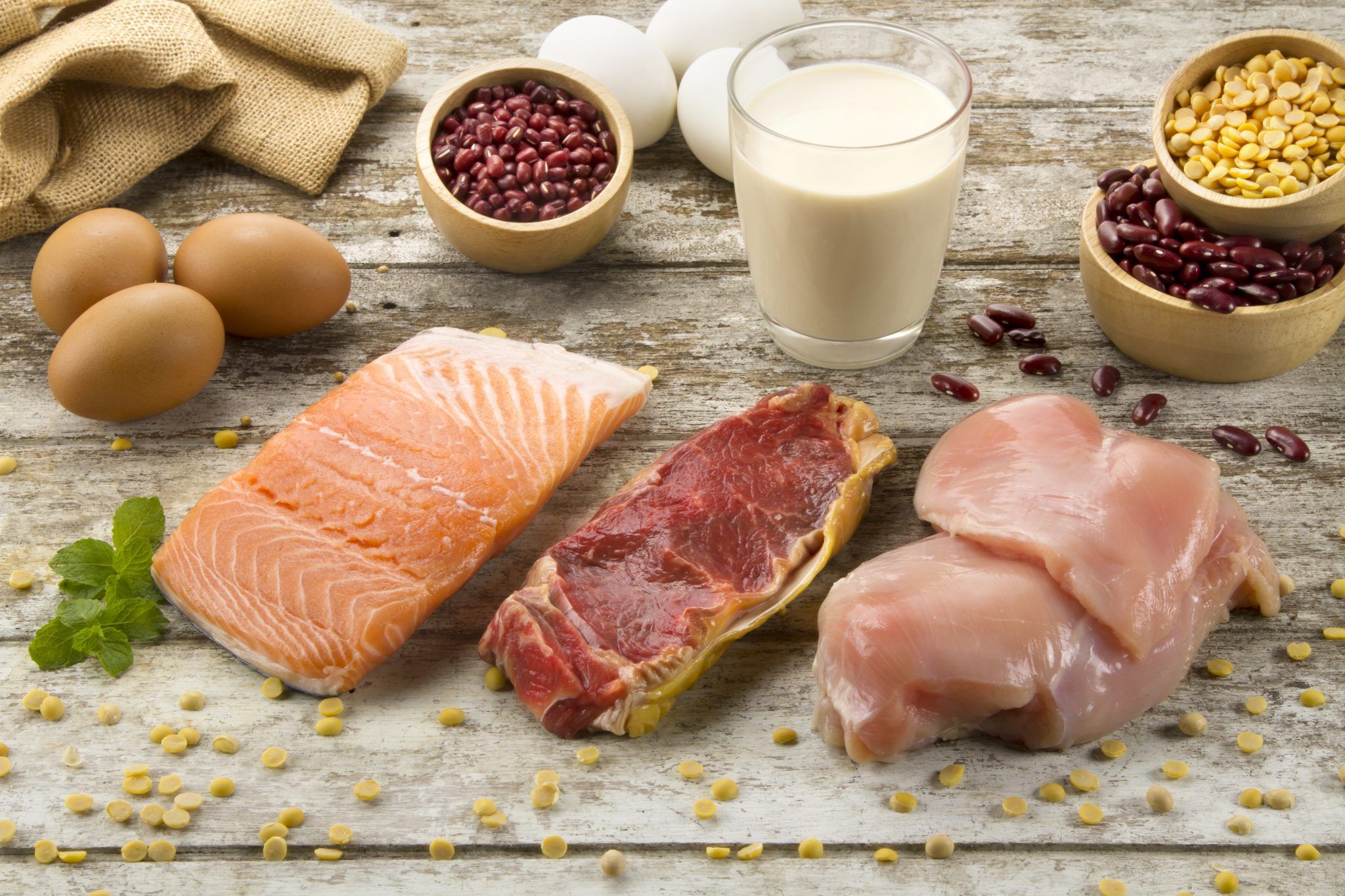

Share
15th March 2021
01:31pm GMT

 Experts say a high protein diet is more effective for building muscle than BCAAs. (Photo: iStock)[/caption]
We are talking about a very small share of the population for whom this supplement had any discernable benefit.
More recently, BCAAs have been marketed to the general population, often billed as an essential component of any serious gym goer's muscle-building arsenal.
However, in the last few years, there has been growing suspicion that BCAAs aren't worth taking if your diet, training and recovery are already in-check.
Some experts have even gone so far as to brand them ineffective, and a new study looks to have corroborated this claim.
A team of scientists from China and Singapore took 132 adults and gave them BCAAs for 16 weeks. Measures were taken for lean body mass (muscle), calf muscle volume and insulin sensitivity (the body's ability to use carbs for energy).
Scientists concluded that "BCAA supplementation does not preserve lean mass or affect insulin sensitivity".
They added that "a higher protein diet may be more advantageous for lean mass (muscle) preservation".
How much protein should you consume through food?
According to the American College of Sports Medicine, those engaged in regular weight training or preparation for an endurance event should consume between 1.2 and 1.7 grams of protein each day, per kilo of bodyweight.
Whey protein shakes may help you hit that target in addition to solid food.
Experts say a high protein diet is more effective for building muscle than BCAAs. (Photo: iStock)[/caption]
We are talking about a very small share of the population for whom this supplement had any discernable benefit.
More recently, BCAAs have been marketed to the general population, often billed as an essential component of any serious gym goer's muscle-building arsenal.
However, in the last few years, there has been growing suspicion that BCAAs aren't worth taking if your diet, training and recovery are already in-check.
Some experts have even gone so far as to brand them ineffective, and a new study looks to have corroborated this claim.
A team of scientists from China and Singapore took 132 adults and gave them BCAAs for 16 weeks. Measures were taken for lean body mass (muscle), calf muscle volume and insulin sensitivity (the body's ability to use carbs for energy).
Scientists concluded that "BCAA supplementation does not preserve lean mass or affect insulin sensitivity".
They added that "a higher protein diet may be more advantageous for lean mass (muscle) preservation".
How much protein should you consume through food?
According to the American College of Sports Medicine, those engaged in regular weight training or preparation for an endurance event should consume between 1.2 and 1.7 grams of protein each day, per kilo of bodyweight.
Whey protein shakes may help you hit that target in addition to solid food.Explore more on these topics: